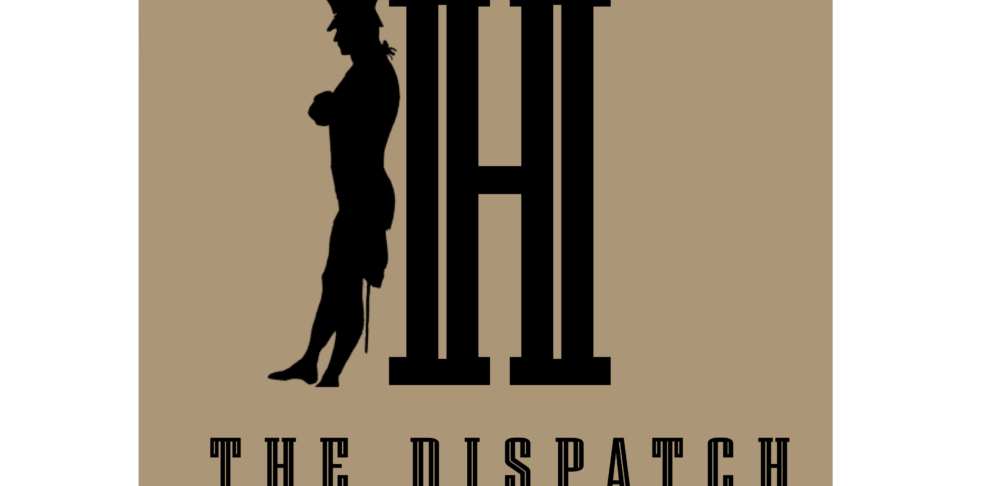The new Biden administration argues that only through close cooperation with its transatlantic partners can the United States effectively confront rising geopolitical challenges, such as an increasingly aggressive China and democratic backsliding in the western world. Recent developments, however, show that President Biden’s goodwill is unlikely on its own to rejuvenate transatlantic ties. In late December, the European Union concluded a trade agreement with China, despite quiet but persistent urging from the incoming Biden administration to delay doing so until it had been consulted. The agreement stands against the backdrop of China’s authoritarian crackdown in Hong Kong and persecution of the Uighur people, which the Trump administration declared a genocide. The trade agreement exposes a divergence of commercial interests between the U.S. and Europe in China, potentially hampering a unified approach to China on economic, security and human rights issues. 2021 could be a transformative year in the transatlantic relationship, but that transformation will likely depend on European choices as much as it does American ones.
Questions and Background
- What explains the timing of the EU’s decision to sign a trade agreement with China? Does the agreement limit Europe’s value as a counterweight to China?
- Is the Biden administration correct that a multilateral approach involving European partners is the most effective strategy for containing China?
- Is Europe’s pursuit of strategic autonomy in America’s interest?
China’s Biden Plan Can Be Seen in EU Trade Deal
AHS’s Hal Brands. Bloomberg Opinion. January 5, 2021.
A Transatlantic Effort to Take on China Starts with Technology
AHS’s Alina Polyakova. Center for European Policy Analysis. January, 2021.
The Fraught Politics Facing Biden’s Foreign Policy
AHS’s Thomas Wright. The Atlantic. November 22, 2020.
Watch: A Conversation with Presumptive Secretary of State Antony Blinken
AHS’s Walter Russell Mead and Antony Blinken. The Hudson Institute. July 9, 2020.

